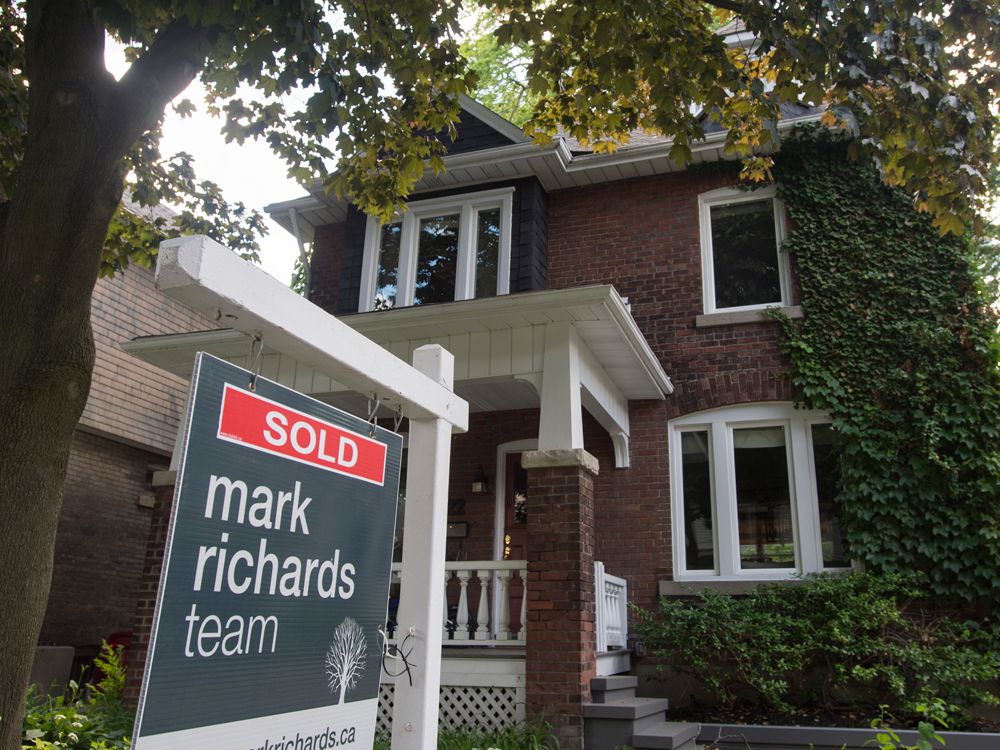The heat in those eastern cities, combined with Vancouver’s chronically elevated prices, is making the national numbers frothy, as conditions in Calgary, Edmonton, and Winnipeg look reasonable, according to Alberta Central chief economist Charles St-Arnaud’s analysis.
“The housing market will probably be the first casualty of higher rates,” St-Arnaud, who previously worked at the Bank of Canada and for Morgan Stanley and Nomura Holdings Inc.
Bloomberg’s “Bubble Ranking” generates country scores by considering what it costs to buy a home compared with renting; the price-to-income ratio; inflation-adjusted price growth; nominal price growth; and the annual rate of household credit growth.
National rankings of that sort are of limited use because housing is almost always driven by local factors, St-Arnaud said.
The analysis showed that changes in interest rates could generate significant headwinds in the housing markets of major cities, as large numbers of people would otherwise struggle to keep up with lofty prices.
For example, a 10 per-cent jump in prices in those four cities, paired with a 1.5-percentage-point uptick in borrowing costs, would make those markets overvalued, according to his results.
A higher sensitivity to the level of borrowing costs than in the past will force a go-slow approach when the Bank of Canada decides to normalize monetary policy, St-Arnaud said.
“They need to take that into account ….
We have enabled email notifications—you will now receive an email if you receive a reply to your comment, there is an update to a comment thread you follow or if a user you follow comments.
This website uses cookies to personalize your content , and allows us to analyze our traffic.
